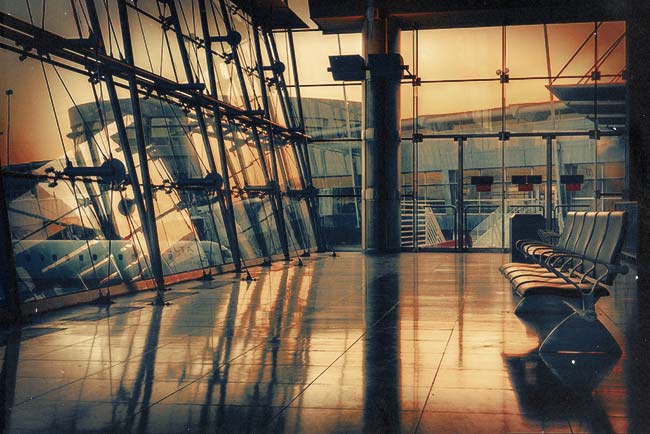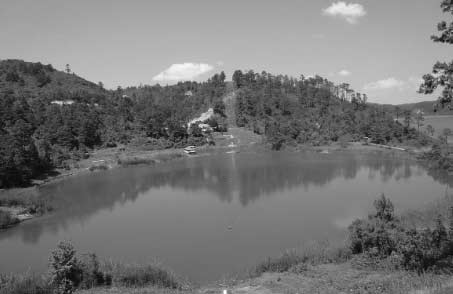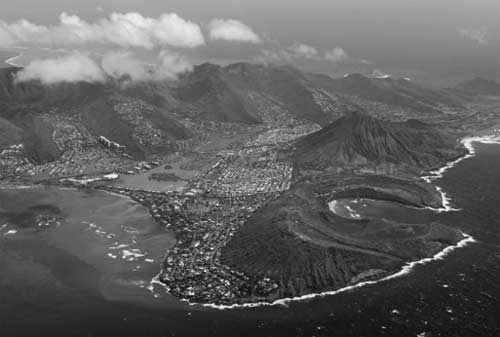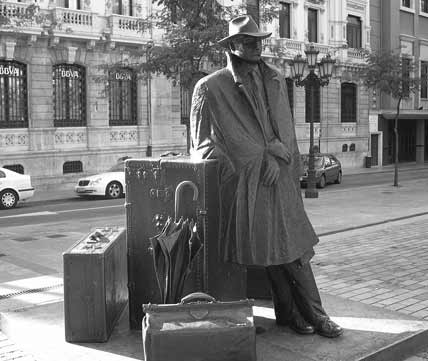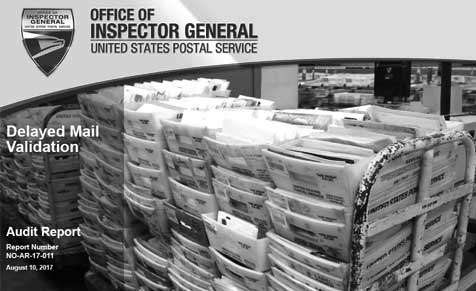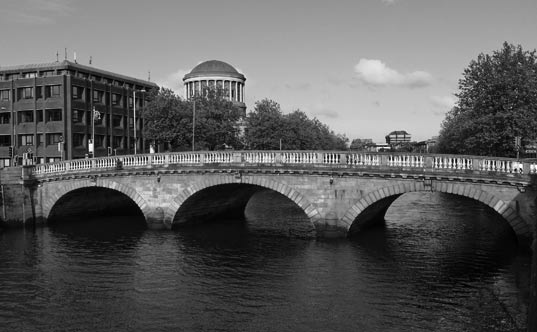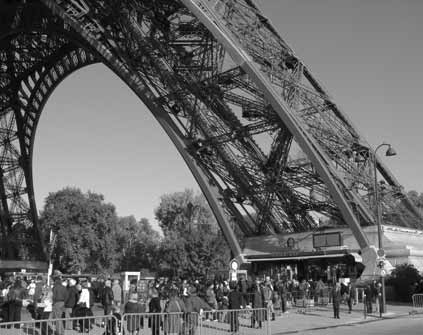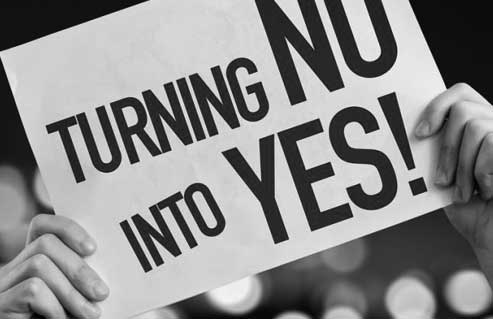State Tourism Industry Convenes In Seattle October 11-13 2022
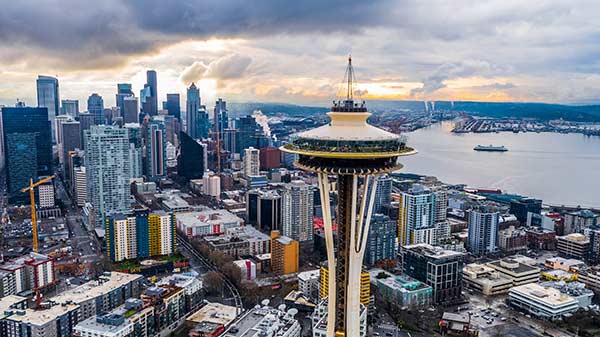
First in-person conference in more than ten years features Rick Steves keynote, hot industry issues and regional roundtables; Summit on responsible outdoor travel gathers state thought leaders
SEATTLE (October 4, 2022) – Washington’s tourism industry will hold its first in-person state tourism conference in more than ten years, attracting professionals from across the state, October 11–12 at the Seattle Airport Hilton Hotel in SeaTac. Following the conference, on October 13, the inaugural Responsible Outdoor Travel Summit will take place at Bell Harbor International Conference Center on the Seattle waterfront.
Both events are hosted by State of Washington Tourism, Washington’s official destination marketing and management organization.
State of Washington Tourism Conference
The State of Washington Tourism Conference is a highly anticipated opportunity for a beleaguered industry to meet and plan its future. Tourism was among the sectors hardest hit by the pandemic and continues to struggle with workforce challenges.
Following the 2011 closure of the state tourism office, the industry worked for years to reestablish a statewide tourism program, ultimately establishing a foothold for State of Washington Tourism just before facing the global pandemic.
The conference will open with a welcome from Washington Governor Jay Inslee and feature a keynote address by public television presenter Rick Steves on the future of travel.
The conference presentations and panel discussions will include the following:
- The state of travel, from national research experts
- Plans to rejuvenate international travel for Washington
- State destination brand and consumer marketing opportunities
- New community short-term rental regulations
- The shared value of tourism among visitors and locals
- Tourism workforce solutions
- SEA flight service and capacity update
- A national update on travel infrastructure, security and border crossing
Responsible Outdoor Travel Summit
The first Responsible Outdoor Travel Summit, October 13 at Bell Harbor International Conference Center in Seattle, will convene state and national thought leaders in travel, outdoor recreation and conservation to discuss the role of responsible travel in protecting Washington’s ecologically and culturally sensitive assets and enhancing traveler and host experiences.
The summit is presented by State of Washington Tourism with initiative and foundational support from the Port of Seattle. The two organizations have worked in partnership toward tourism industry recovery, with a strategic emphasis on responsible travel. The summit is intended to spark greater collaboration and commitment from each organization and participants.
Presenters will include representatives from REI, Expedia, Alaska Airlines, Mt. Rainier National Park, the office of Governor Jay Inslee, the Washington Trails Association, the National Parks Conservation Association, the Snoqualmie Tribe, the Tulalip Tribes, the San Juan Islands Visitors Bureau, AFAR magazine and the Washington State House of Representatives.
The keynote address will be given by Jeremy Sampson, CEO of the Travel Foundation, an international sustainable tourism organization dedicated to ensuring that tourism has a positive impact on destinations. Washington Commissioner of Public Lands Hilary Franz will offer opening remarks, and Teresa Hillis of Expedia will present data related to the growth of responsible travel.
Presentations and panel discussions will address the following topics:
- Managing tourism volumes in communities and on public land
- Improving the recreational user experience
- Inclusion and representation in outdoor recreation
- Travel media panel discussion
- Summit closing conversation and next steps for Washington
About State of Washington Tourism
State of Washington Tourism (the recently rebranded Washington Tourism Alliance) is a 501(c)(6) organization established by industry stakeholders with the sole mission of developing and sustaining Washington State destination tourism marketing. SWT procures and administers funds for state destination tourism marketing activities and creates and implements the strategic statewide destination marketing plan. Visit the destination website at www.stateofWAtourism.com or the tourism industry site at www.industry.stateofWAtourism.com.

